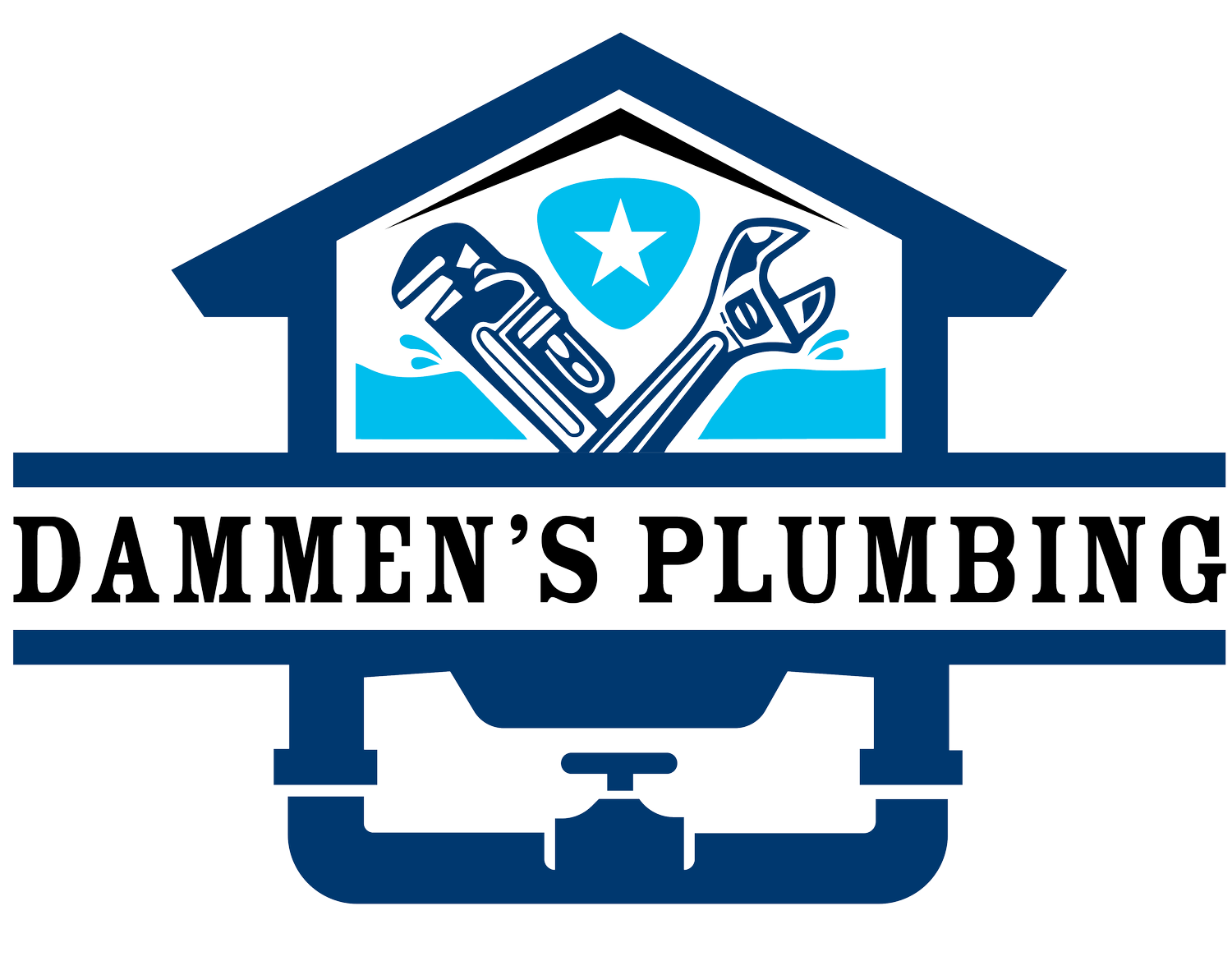Essential Plumbing Maintenance Tips for Every Homeowner
Regular plumbing maintenance is essential for keeping your home’s water systems running smoothly and preventing costly repairs down the line. Whether it’s a slow drain, a leaky faucet, or the occasional clog, minor plumbing issues can quickly escalate if they aren’t addressed promptly. At Dammen’s Plumbing, we believe in proactive maintenance to help homeowners in Minnesota avoid plumbing headaches and keep their systems in top shape year-round.
Here are some general plumbing maintenance tips that every homeowner should know.
1. Check for Leaks Regularly
Even the smallest leaks can waste gallons of water over time, leading to higher water bills and potential damage. Common areas to check include under sinks, around toilets, and near appliances like washing machines and dishwashers.
How to Check for Leaks:
Inspect Visible Pipes: Periodically check exposed pipes in your basement or crawl spaces for moisture, corrosion, or small drips.
Monitor Your Water Bill: If your water bill suddenly spikes without an obvious cause, it could be a sign of a hidden leak.
Test for Toilet Leaks: Add a few drops of food coloring to the tank. If the color seeps into the bowl without flushing, you may have a leak in the toilet flapper or valve.
2. Keep Your Drains Clear
Clogged drains are a common plumbing issue that can often be prevented with regular cleaning and attention. Hair, soap scum, and debris can build up over time, causing slow drainage or complete blockages.
Drain Maintenance Tips:
Use Drain Screens: Install screens or strainers over shower, bathtub, and sink drains to catch hair, food particles, and debris before they enter the pipes.
Avoid Chemical Drain Cleaners: While tempting, chemical cleaners can corrode your pipes over time. Opt for natural alternatives like a mixture of baking soda and vinegar to break up clogs.
Flush Drains with Hot Water: Pour hot water down drains weekly to help break down any buildup, especially in kitchen sinks where grease and food particles can accumulate.
3. Inspect and Maintain Water Heaters
Water heaters work hard to provide hot water for your home, and regular maintenance is key to keeping them efficient and extending their lifespan. Over time, sediment can accumulate inside the tank, reducing efficiency and potentially causing damage.
Water Heater Maintenance Tips:
Flush the Tank: Drain and flush your water heater annually to remove sediment buildup. This simple step can help your heater work more efficiently and prevent costly breakdowns.
Check the Temperature Setting: Keep the water heater set to around 120°F to prevent scalding and reduce energy consumption.
Inspect for Leaks or Rust: Look for signs of rust or moisture around the base of the heater. If you notice corrosion or a leak, it may be time for a professional inspection or replacement.
4. Clean Your Faucet Aerators
Faucet aerators are small screens that regulate the flow of water from your faucet. Over time, they can become clogged with sediment or mineral deposits, reducing water pressure and efficiency.
How to Clean Faucet Aerators:
Remove the Aerator: Unscrew the aerator from the faucet. If it’s stuck, use a pair of pliers with a cloth to avoid scratching the fixture.
Soak in Vinegar: Soak the aerator in white vinegar for an hour to dissolve mineral deposits. Use a small brush or toothpick to remove any remaining debris.
Reinstall the Aerator: Rinse it off and screw it back into place. You should notice an immediate improvement in water flow.
5. Maintain Your Garbage Disposal
Your garbage disposal works hard to break down food waste, but improper use and neglect can lead to clogs, jams, and unpleasant odors.
Garbage Disposal Tips:
Avoid Certain Foods: Never put fibrous foods like celery, potato peels, or coffee grounds down the disposal. They can get tangled or create blockages.
Run Cold Water: Always run cold water while using the disposal to help flush out food particles. Continue running water for a few seconds after turning it off to ensure the drain is clear.
Clean It Regularly: Freshen up your disposal by grinding ice cubes and small citrus peels, like lemon or orange. This helps clean the blades and eliminate odors.
6. Test and Replace Water Valves
Water shutoff valves control the water flow to individual fixtures or your entire home. These valves are critical in case of an emergency, like a burst pipe or a leaking appliance, so they need to be in good working order.
Valve Maintenance Tips:
Test the Main Shutoff Valve: Find your home’s main water shutoff valve and make sure it can easily be turned off and on. If it’s difficult to operate or stuck, consider replacing it before it fails when you need it most.
Check Fixture Valves: Individual shutoff valves located under sinks or near appliances should also be tested periodically to ensure they function properly.
7. Know When to Call a Professional
Some plumbing tasks are simple enough for homeowners to handle, but others require the expertise of a licensed plumber. If you encounter a persistent issue, such as frequent clogs, slow drains, or unusual sounds from your plumbing, it’s best to call in a professional before the problem worsens.
Conclusion
Regular plumbing maintenance helps prevent small issues from turning into big, expensive problems. By taking proactive steps to maintain your pipes, drains, and appliances, you can extend the life of your plumbing system and save money on repairs.
At Dammen’s Plumbing, we’re here to help with all your plumbing needs, from routine maintenance to emergency repairs. Contact us today to schedule a service and keep your plumbing in peak condition year-round!
